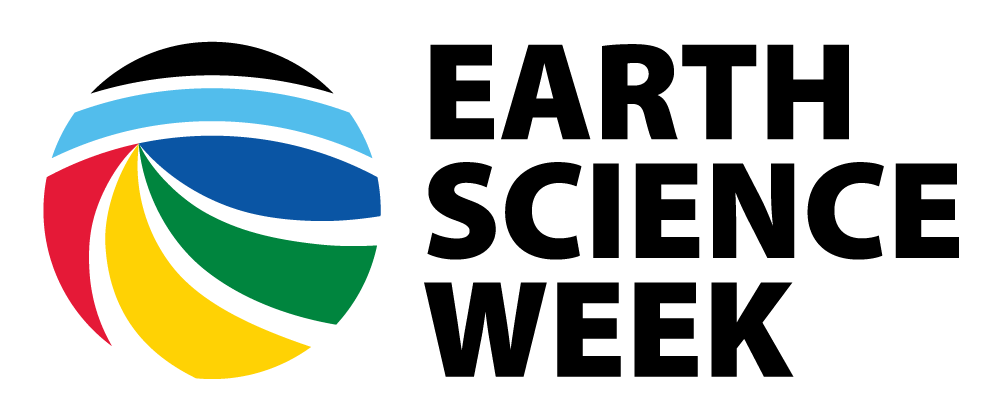2006 Essay Contest Finalist
Entry by Christina Marie Culmone
Be a Citizen Scientist!
A citizen scientist is an ordinary person that is willing to volunteer their time for the advancement of science. This is a person who observes changes and patterns in their surroundings and records what they see. The information gathered by citizen scientists locally is then collected by professional scientists who use this data to develop a hypothesis and conclusion about scientific finding.
Collecting information at the local level is a very economical way for scientists to gain knowledge. This allows money which has been donated for research to go much farther. Also, it would be very difficult for professional scientist to travel everywhere to gather information from many different locations.
Earth science has benefited by the efforts of citizen scientists in many scientific areas. Citizen scientists report observations in their local natural environments and this information helps develop environmental policies that govern wildlife management. Observations in wildlife are also important in controlling diseases such as West Nile Virus, which is carried by infested mosquitoes. Citizen scientists collect information in the areas they live that help determine trends related to how and where this illness is being carried by these insects to help people be aware and try to protect themselves.
Citizen scientists help develop many other findings that keep people safe. They help make predictions about the weather so people can dress appropriately and plan their travel based on weather conditions. Observations in oceanography help scientists make predications about ocean tides. These predications help sea travelers travel safely and help authorities decide when to close public beaches for people’s safety. Citizen scientists also keep track of local agricultural pests which affect the safety of the food we eat as well as protecting the supply of food that is grown. Samples of drinking water are collected by citizen scientists and sent to scientists to be checked to ensure that people in their community have safe drinking water.
We can all contribute to Earth Science. We can donate money to organizations such as the Wildlife Preservation Fund to help fund ongoing wildlife research. There are groups we can join such as The Society for Amateur Scientists. This group publishes a bi-weekly newsletter called The Citizen Scientist which provides ideas and help on conducting your own research. They hold conferences once a year where people share their love of science and exchange ideas. The SAS has also started a new project called Labrats which educates teenagers about citizen scientist experiments and how we can participate in them.
If you would like to help predict weather you can contact your local television station and let them know that you’d like to report to them on weather conditions in your local area. You can also contact the State Department of fish and Game and find out what research they are doing that you can participate in. Perhaps one day you may even become a Science teacher and inspire future citizen scientists!
